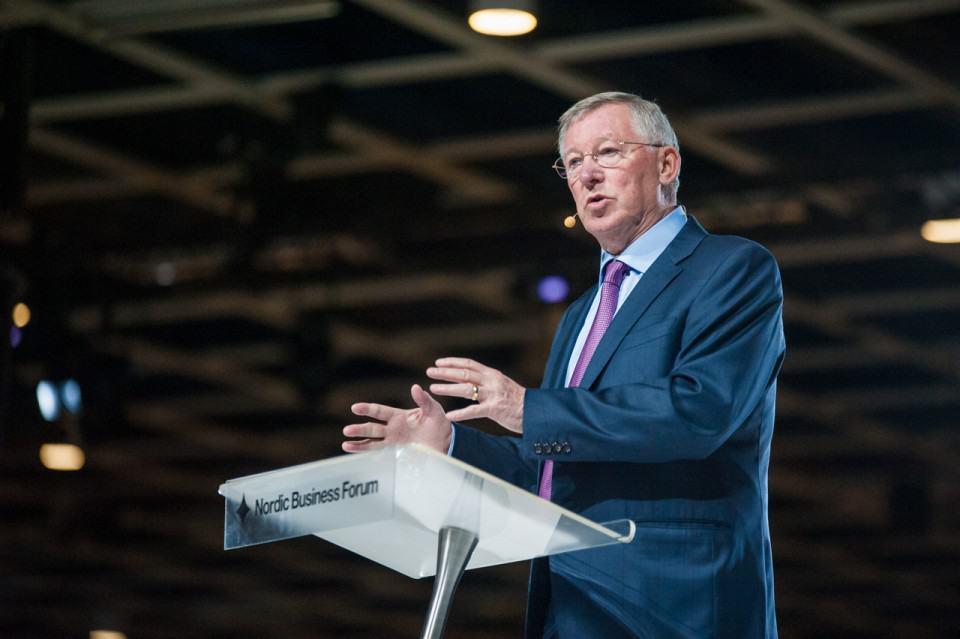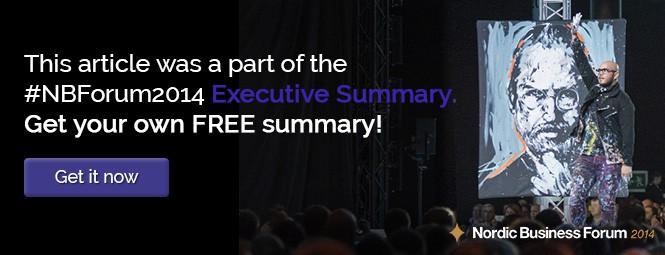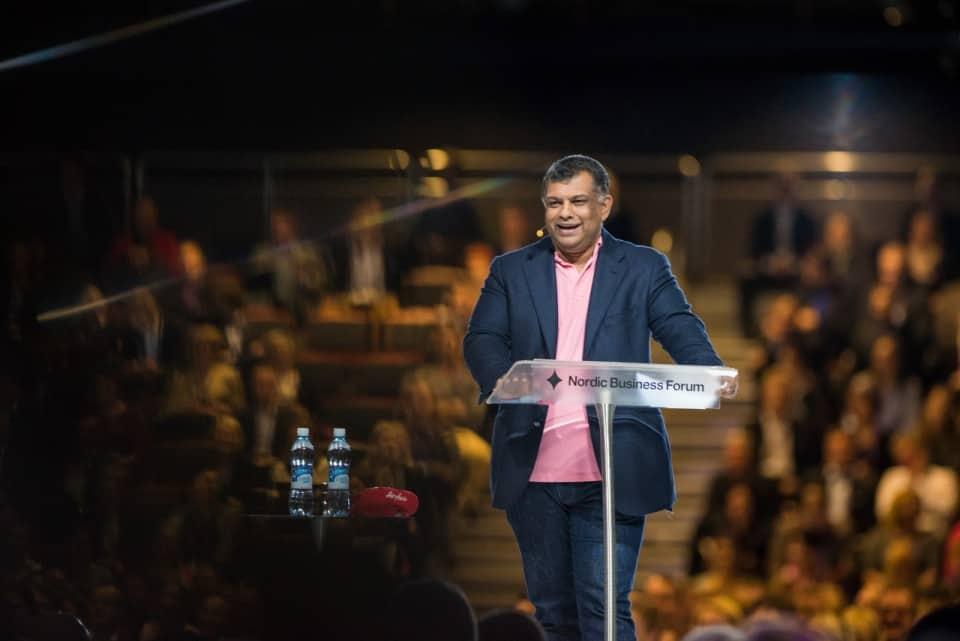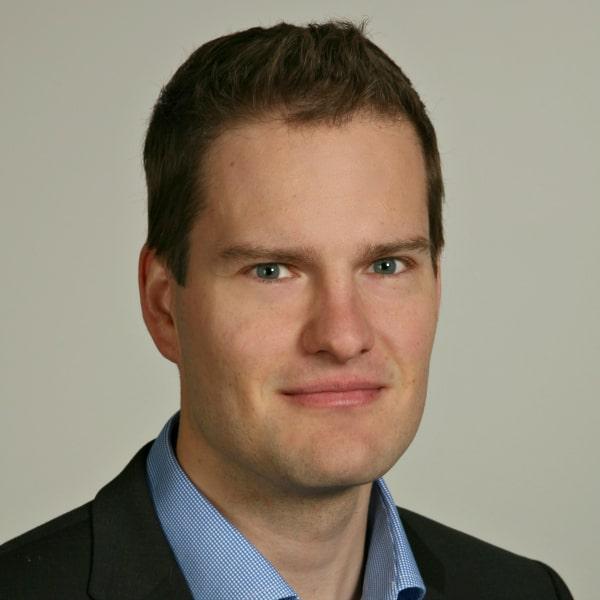16Feb2015
Sir Alex Ferguson strides to the stage, the vision of a tough competitor, a ferocious motivator and a ruthless decision-maker crystallizing in the minds of the audience. Sir Alex then delivers his unique insight into the culture, care and consideration that formed the cornerstones of Manchester United FC, and his blueprint for Creating a Winning Organization.
Build wisely
My biggest achievement at Manchester United was consistency. Not a trophy.
This quote perfectly encapsulates the attitude to success that Sir Alex promotes. True success is not a ‘flash in the pan’ or one particular moment of glory, it is the culmination of many years of meticulous planning that have given rise to a sustained period at the top.
“When I came to Manchester United I knew I wanted to build a football club, from the bottom up.” These words echo as he passionately explains to the audience his approach to youth development. Crucial to success not only so players become familiar with coaching methods, styles of play and each other, but also so they feel a sense of identity and worth about being given their first opportunity at Manchester United. As Sir Alex describes this strong bond with the club he fosters in all his players, I begin to think of how organizations could benefit from such greater employee commitment initiatives. Sir Alex explains how the youth system was indelibly linked to the club’s long-term strategy – developing young, talented, committed players who would eventually supply the first team, the main product and focus of the club. Sir Alex’s strong belief in development makes me wonder if companies are embracing this today. Is enough being done to create a committed workforce, to build trust and inspire loyalty?
Communicate effectively
What would I have liked to have known 30 years ago that I know today? The answer is ‘communication.
Although Sir Alex didn’t employ a conscious strategy of communication, it was clearly a skill that came naturally. “From the laundry girls, to the ground staff, to the kitchen staff, to the general office – to know their names and recognize them.” I can’t help but feel this is a rare situation for the leader of an organization to be so familiar with every employee. For Sir Alex this was a crucial element, not only in the early days to ingratiate himself with other people at the club, but to continue this approach and level of respect all throughout his career. He wanted to create what his great predecessor, Sir Matt Busby, called the family spirit.
Like other Man Utd fans around the auditorium I am intrigued as Sir Alex tells us of his long-standing relationship with former CEO David Gill. This demonstrates the importance of communication between decision-makers, with their mutual respect for each other based on their passion for making Manchester United successful. Healthy arguments were a regular occurrence but always led to the best decision in the interests of the club. Like a managing director with the board, how vital that relationship must have been for the ongoing success, a partnership that provided a balance to the club’s leadership.
The audience is allowed behind the ambitious exterior of Sir Alex’s public persona as he explains his deep consideration of player psychology. From his former days as a player himself he knew how important it was to look a player in the eye and tell him your decisions. An enduring trust flourished through this respectful feedback. His experience, he explains, allowed Sir Alex to skilfully delegate responsibility for certain games to certain players and have them focus effectively on the challenges that lay ahead. Trust and respect were critical to his ability to plan for the future.
Prepare thoroughly
“Assistants… had the mandate to make sure the training session was 100% to my liking. That means… intensity, concentration and a work ethic.” As the audience listens to Sir Alex describe the cold, harsh and unforgiving environment in which he grew up, we begin to understand what forged the mentality he expected of his teams. That acceptance of and attitude towards hard work was an essential part of the club culture. “Work ethic is vital. Implementing and instilling the working class mentality into the players was continuous.”
Sir Alex describes for us in detail his game preparation. First came the tactical part and this would have formed the focus of all the training sessions in the lead up to the game. Then came the motivational aspect where he often used elements from everyday human lives to inspire the players. He describes how coal miners used to put their lives in colleagues’ hands, and he would ask of the players, “Do you trust each other? Because out on the field we’ll find out if you trust each other and stand by one another.” The word ‘trust’ reverberates around the room. My mind thinks about the company doomed to failure because the employees lacked trust in one another.
The final element, he concludes, was concentration. In sports concentration is often the difference between winning and losing. Manchester United were famous for last minute goals that could only come through intense concentration for the entire period of play. I begin to think of how the mind and body form an often-neglected partnership that is so critical to effective performance in our daily activities. How we could learn to hold our well-being in as high a regard as athletes do?
Adapt constantly
It was that constant need to adapt that was important, to improve yourself all the time, even if it’s just 1%.
Like a grandfather telling stories to attentive children, Sir Alex reminisces on how in his early career he tried to do everything, to be at the centre of every training session. After some persuading he finally agreed to relinquish some control and said it was the best thing he ever did. The observational role he put himself in gave him much greater insight into the behaviour of individuals and the team dynamic. I pick out an important lesson here for all leaders and managers (one echoed in the talks given by Sir Ken Robinson and Jim Collins). Don’t put yourself at the centre of what you are trying to achieve. Build a culture and cause that everyone wants to be a part of and doesn’t rely on you.
Sir Alex admits that he needed to make some important lifestyle choices over the years as well. He was proud of the way he would always attend training sessions and he knew that as he got older he would need to maintain his energy levels otherwise he would set a bad example to his players. He changed his diet and cut out any late night activity.
These experiences made Sir Alex realize that he had to know when to change and what to change in order to improve. He explains how he saw this as an ongoing process, the best example of which is the medical centre at the Manchester United training ground. “It stands as a testimony to our philosophy of making United better, because we cannot stand still at United.” It took a long time before the owners agreed, but the medical centre allows the club to really protect the clubs physical assets – the players – and at a cost of €76 million for just one player, that is a worthwhile investment.
Extra time – final thoughts
The Manchester United teams run by Sir Alex were renowned for never giving in. They played until the dying seconds and usually scored. Sir Alex sees himself as a risk-taker and as the manager believes this was his responsibility. He believes that leaders need to be decisive and have courage in their convictions, even if their decisions sometimes turn out to be wrong. He inspired his players by reminding them of the bigger dream they were a part of. Of the greater cause of Manchester United, carrying with them the hopes not just of themselves but also of their family, friends and every fan across the world.
Key points
- Sir Alex’s strong belief in player development makes me wonder if companies are embracing this today. Is there enough being done to foster a truly committed workforce, to build trust and inspire loyalty?
- Trust and respect were critical to his ability to plan for the future.
- Formula for an inspirational team-talk – solve problems, motivate and concentrate
Sir Alex Ferguson is regarded as “a candidate for the title of the greatest coach…in history – not only in soccer”(New York Times). 26 years as manager of Manchester United FC brought unparalleled achievement. Sir Alex now tours the world imparting his knowledge and experience to those hungry for success. He currently holds a teaching position at Harvard Business School as well as being an ambassador for UEFA and a director at Manchester United.



